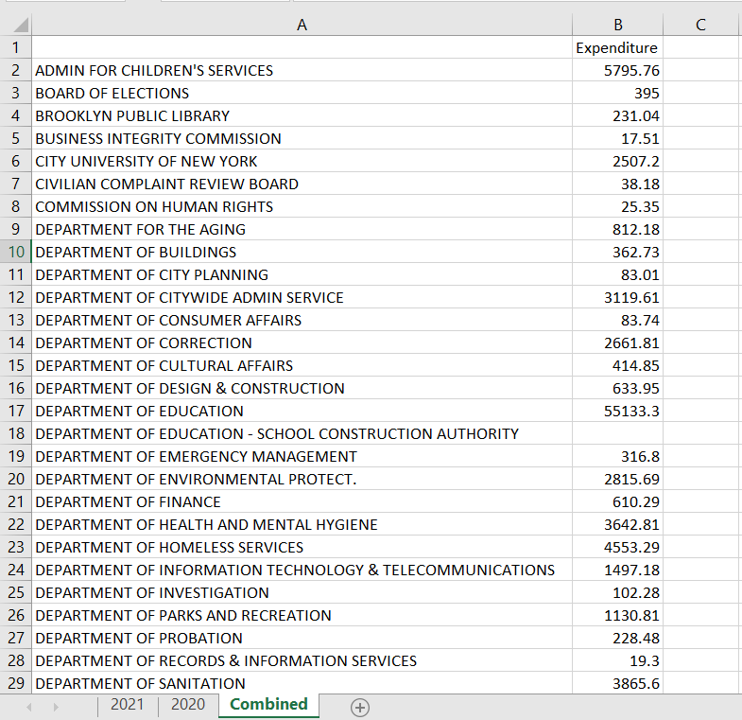Don't Forget to File Your Paperwork On Time

Filing paperwork on time is a critical aspect of maintaining order and compliance in both personal and professional settings. Whether it's tax returns, business documentation, legal filings, or any other form of official paperwork, submitting these documents before deadlines can save individuals and organizations from penalties, stress, and unnecessary complications. This blog post will guide you through the importance of timely filing, offer practical tips on organizing your paperwork, and explain the potential consequences of missing deadlines.
Why Timely Filing is Important

Timely filing is not just about meeting regulatory requirements; it has numerous benefits:
- Avoids Penalties: Late filings often attract fines and interest on late payments. For instance, late tax filings can result in penalties from the IRS, which can increase significantly over time.
- Maintains Compliance: Being up-to-date with your filings ensures you remain compliant with local, state, or national laws, avoiding legal repercussions.
- Secures Rights: Certain filings, like patents or copyrights, protect your intellectual property rights. Missing these deadlines could mean losing exclusive rights to your work.
- Promotes Smooth Operations: For businesses, timely documentation helps in maintaining seamless operations, especially when it comes to financial reporting, audits, or securing loans.
Organizing Your Paperwork

Here are several strategies to keep your documents in check:
- Calendar and Reminders: Use a reliable calendar system, whether digital or physical, to mark all due dates for filings. Set reminders well in advance of the deadlines.
- Document Management System: Implement or subscribe to a document management system. This could range from cloud storage solutions like Google Drive or Dropbox, to specialized software for financial documents like Quickbooks.
- Regular Reviews: Schedule monthly or quarterly reviews of your filing status. This can help you catch any oversight before it becomes a problem.
- Electronic Filing (e-Filing): When possible, opt for electronic filing. It’s faster, often comes with a confirmation of receipt, and reduces the risk of postal delays.
The Consequences of Late Filing

Here’s a brief look at what might happen if you miss your filing deadlines:
| Type of Filing | Consequences |
|---|---|
| Tax Returns | Fines, interest on late payments, possible audit. |
| Business Reports | Loss of good standing, business operation restrictions, fines. |
| Legal Documents | Legal penalties, case dismissals, or sanctions. |
| Patents & Copyrights | Loss of IP rights, potential open season for competitors. |

Understanding these repercussions underscores why filing on time should be a priority in any structured environment.
Practical Steps to Ensure Timely Filing

Here’s a step-by-step guide to help ensure you meet filing deadlines:
- Identify All Filings: Make a list of all documents that require periodic filing.
- Determine Due Dates: Find out when each document is due.
- Set Up a Tracking System: Use digital tools like Google Calendar or Microsoft Outlook to track dates.
- File Sorting: Physically or digitally sort documents by filing date.
- Delegate if Necessary: If you’re overwhelmed, delegate to competent team members or use professional services.
- Review and Prepare: Begin preparing documents well before the deadline to account for unforeseen delays.
- Confirm Submission: Always confirm that your documents have been received and filed properly.
📌 Note: If you're unsure about any aspect of the filing process, seek advice from experts in the field, like tax accountants or legal advisors.
In wrapping up this discussion on timely filing, it’s clear that keeping up with paperwork deadlines is fundamental for personal and corporate well-being. From avoiding legal or financial penalties to ensuring operational continuity and safeguarding rights, the benefits of prompt document submission are manifold. By organizing, tracking, and adhering to deadlines, you can navigate the complexities of bureaucracy with ease, ensuring peace of mind and compliance.
What should I do if I’ve missed a filing deadline?

+
If you miss a filing deadline, contact the relevant authorities or agencies as soon as possible. For tax filings, you might be able to file for an extension. For other documents, you might need to explain the situation and possibly pay any applicable fines.
How can I remember all these deadlines?

+
Utilize digital tools like calendar apps with reminders, set up multiple alarms, and consider having a physical calendar as a backup. Creating a visual timeline or checklist can also aid memory.
Can I file documents electronically?

+
Many government and private organizations now accept e-filing, which can be quicker and provides a confirmation of receipt. Check if e-filing is available for your specific documents.
What’s the benefit of using document management systems?

+
Document management systems help organize documents, track deadlines, reduce paper clutter, ensure data security, and facilitate easy access for review or filing. They also often provide cloud storage for backup and remote access.



